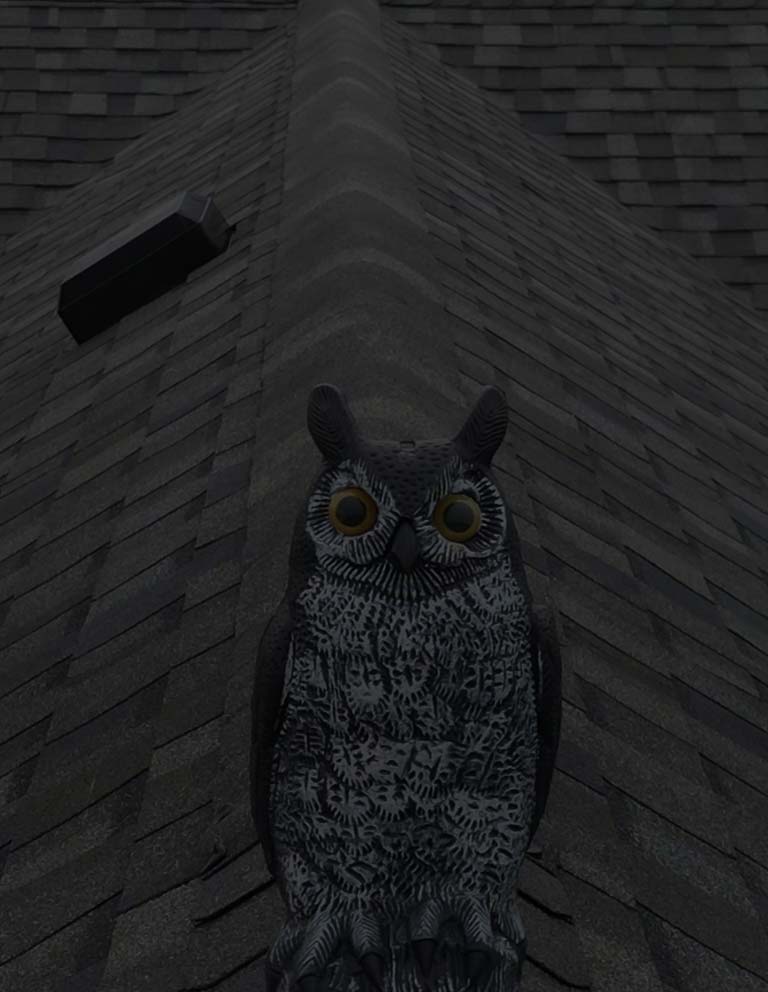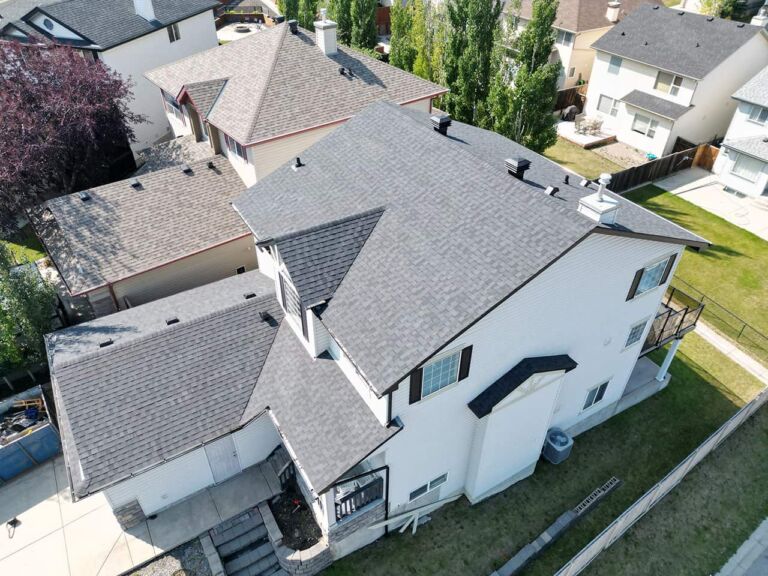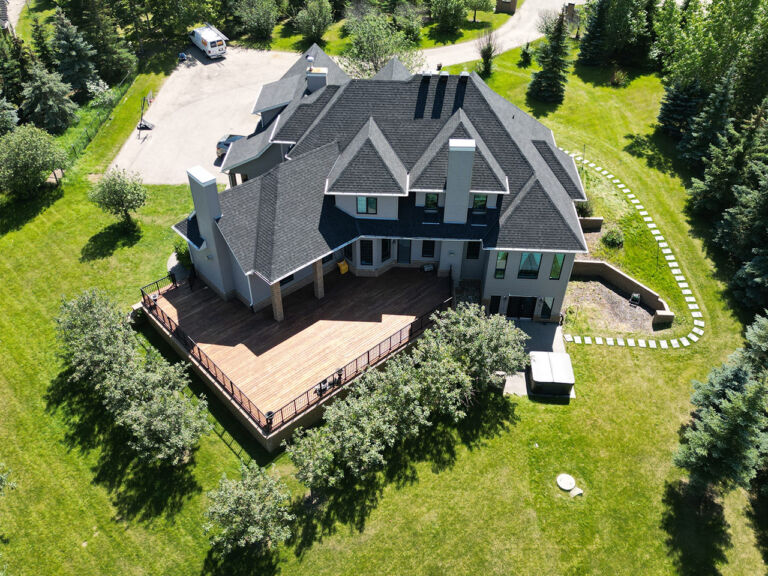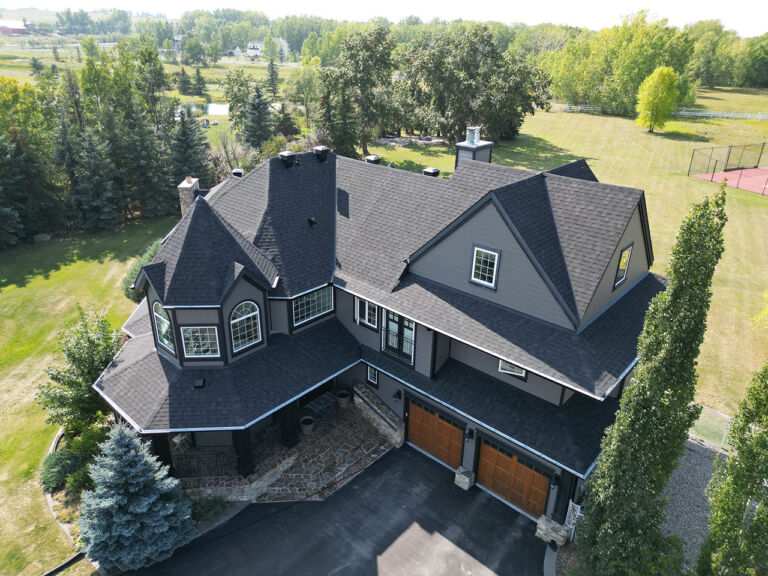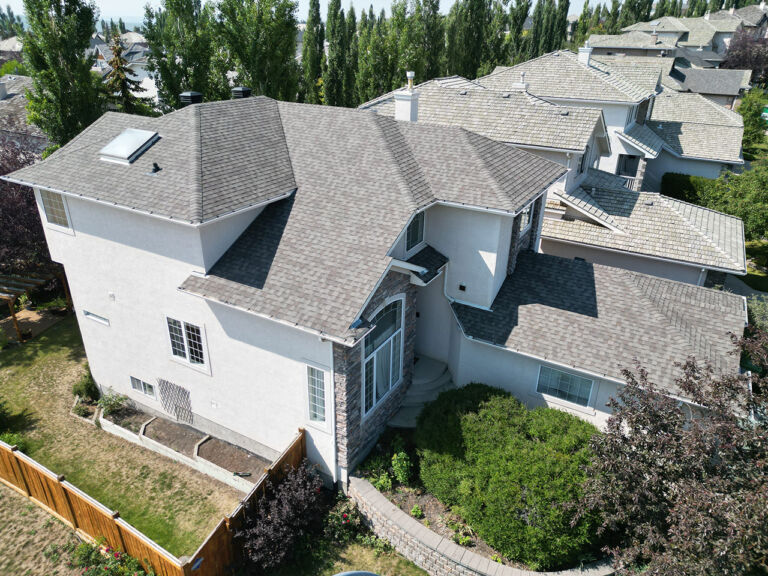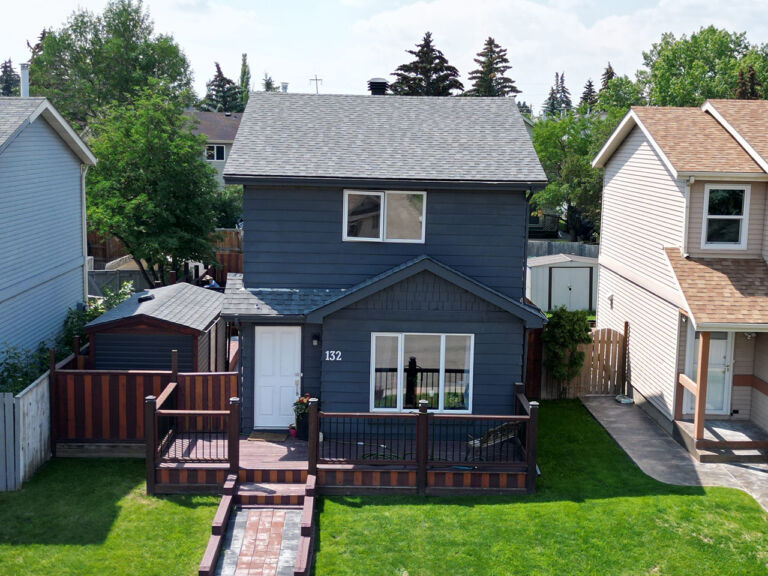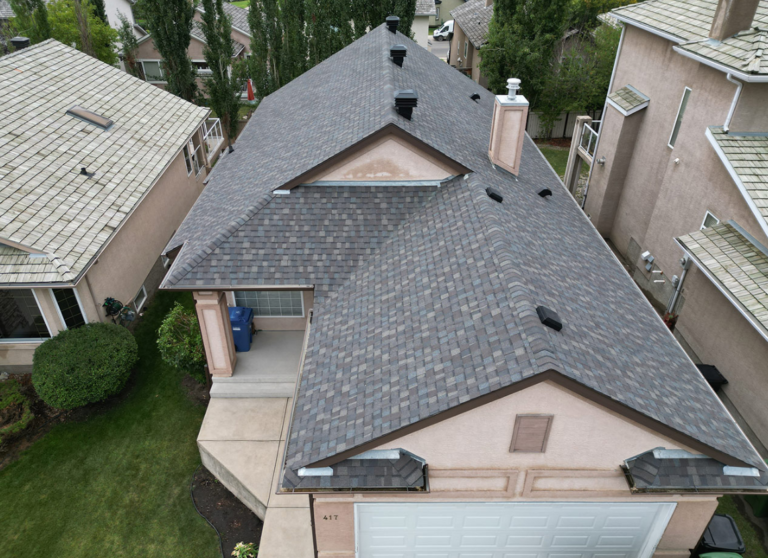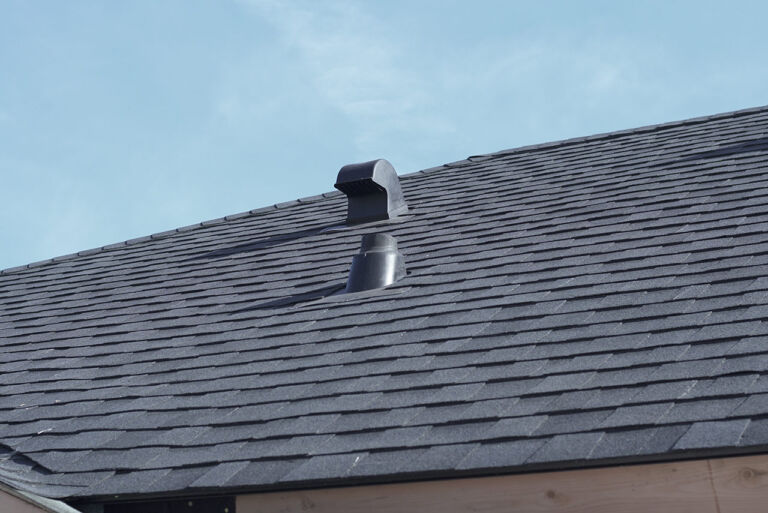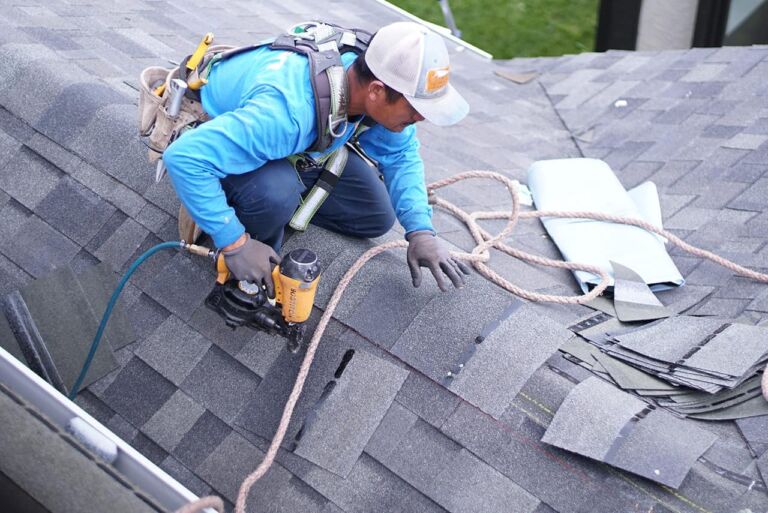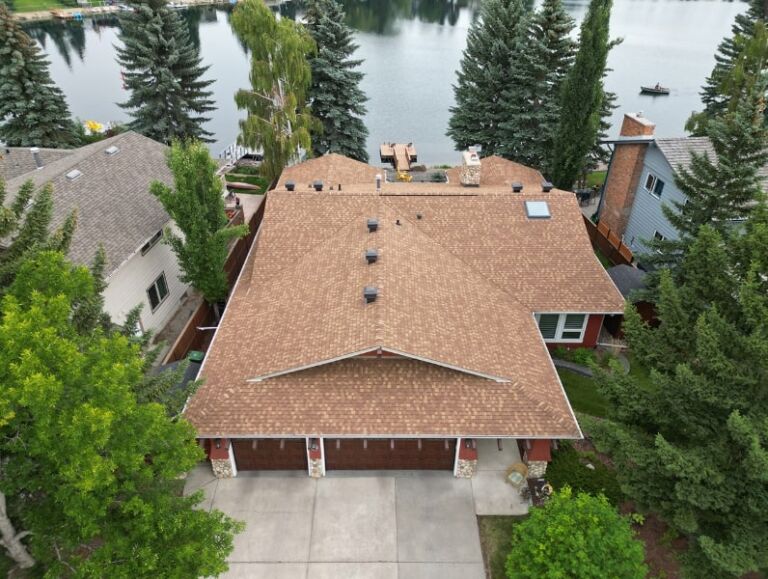The Ultimate Guide to Choosing Roof Shingles for Your Home
Type of ShinglesAsphalt ShinglesMetal ShinglesWood Shingles & ShakeSlate ShinglesComposite & Synthetic ShinglesGuide to Choosing the Right Colour of Shingles for Your HomeCost to Replace Roof ShinglesWhy Choose No Payne Roofing?Our Services Include: Your roof is an essential part of your home—it protects your family and...


